Sharing a trip with friends can create some of the most unforgettable adventures and memories. Sharing the bill at the end? That’s a different story. Between determining who paid for what, how to split evenly and adding up every last cost, group travel payments can easily make anyone’s head spin. Roughly 4 out of 5 American travelers (79%) have been on multiple group trips in the last five years, according to a recent Airbnb survey conducted online by DKC Analytics among 2,000 people*, and that’s why today, Airbnb is becoming the first accommodation provider to build and implement a seamless, global split payments feature to travelers around the world.
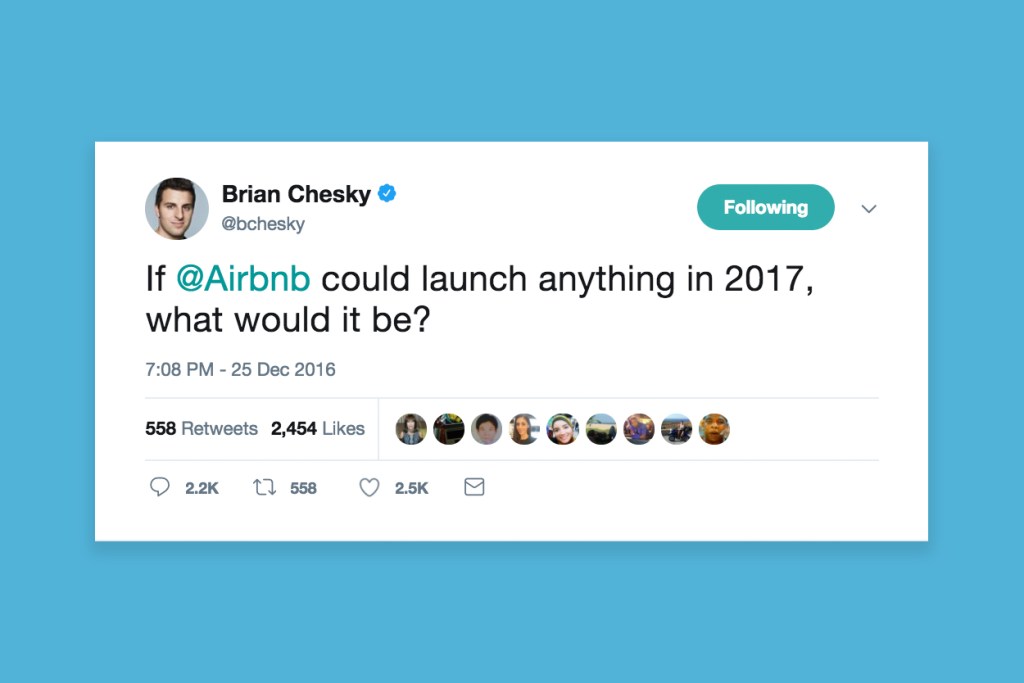
At the end of 2016, Brian Chesky asked consumers: “If @Airbnb could launch anything in 2017, what would it be?” One of the top requests was group payments. We heard consumers loud and clear, and with the launch of split payments, we’re delivering on that promise. We’ve tested this in recent months with over 80,000 groups successfully using the feature from all over the world in nearly 175 countries, using over 44 different currencies.
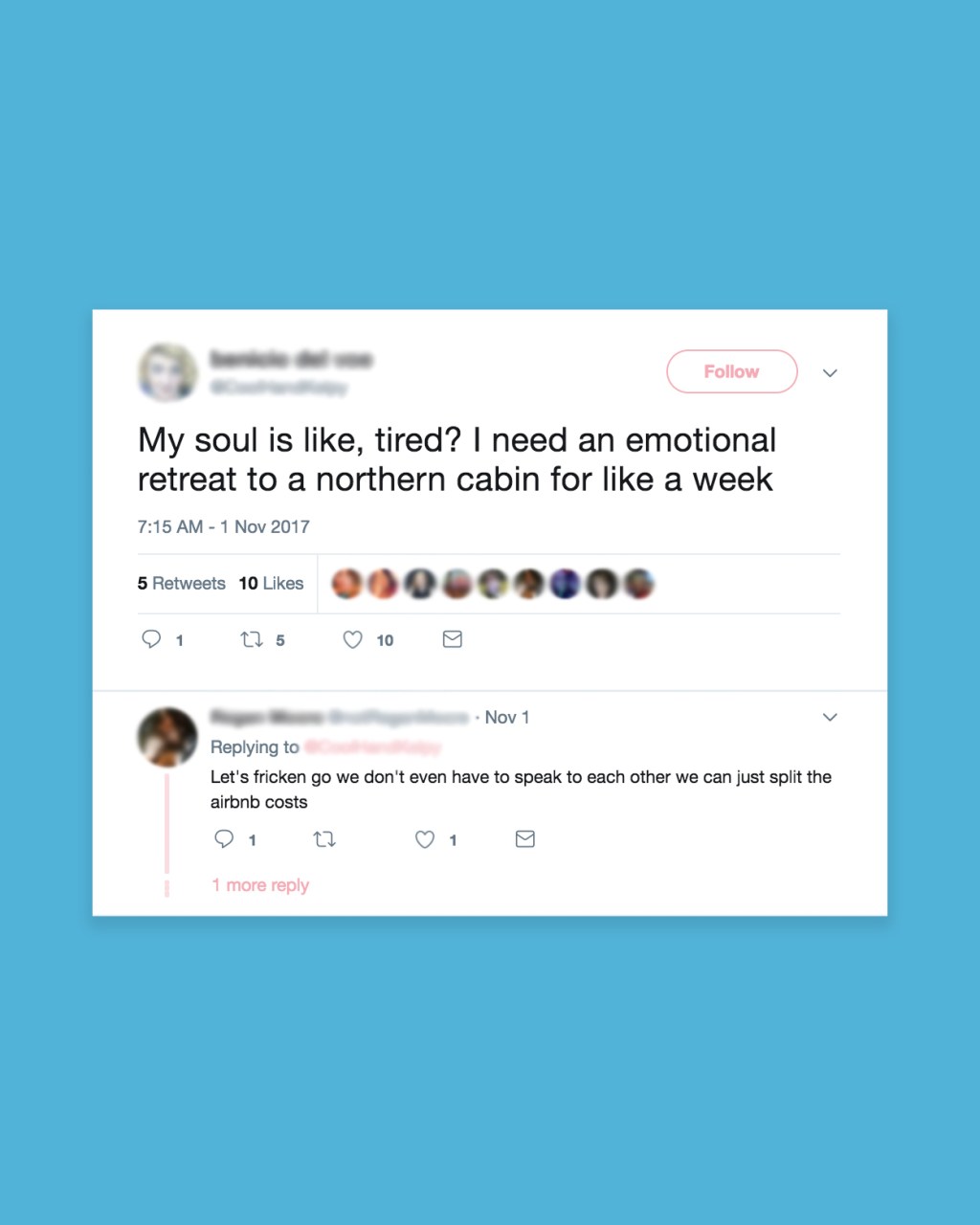
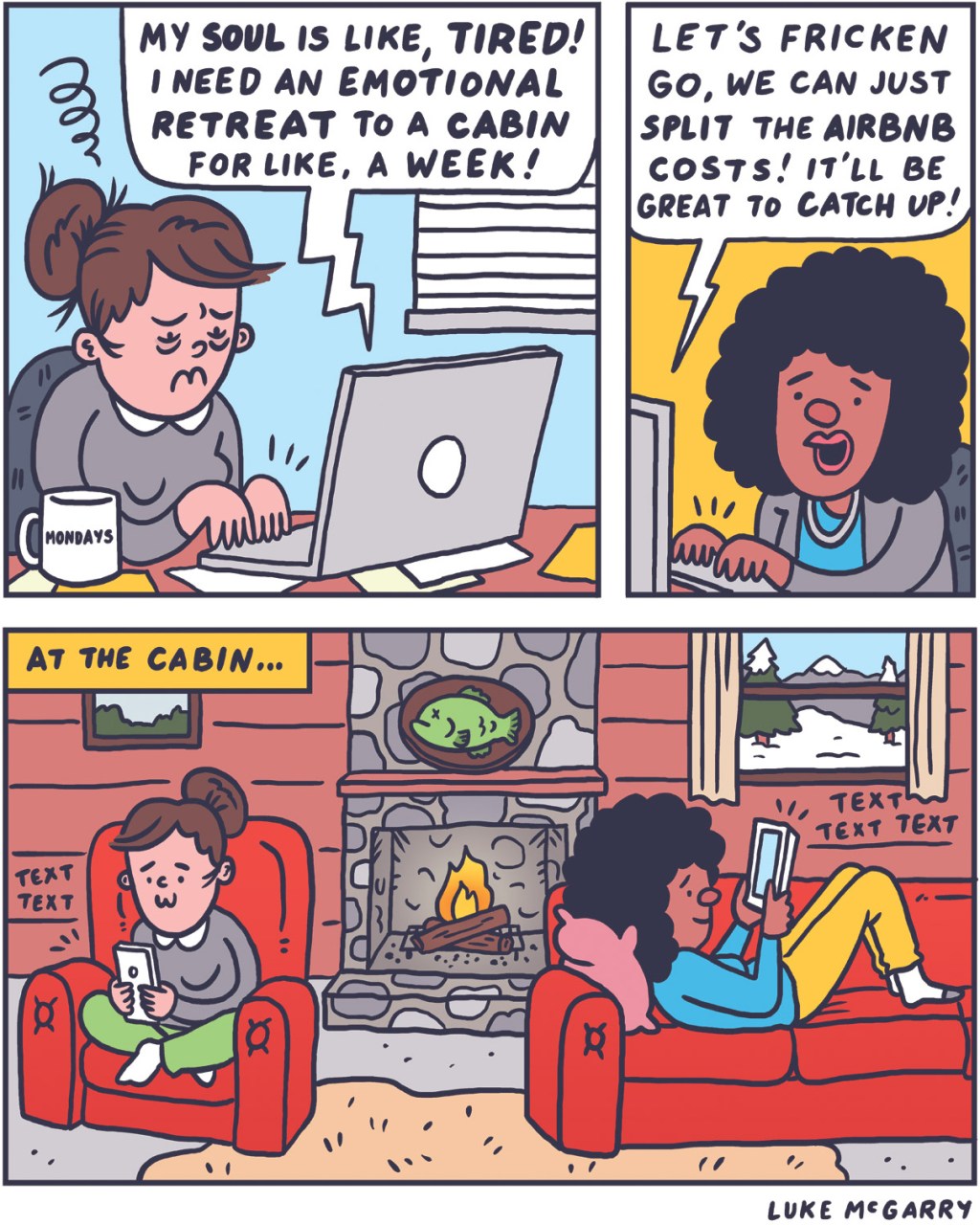
We are excited this tool will help solve a problem that has plagued many groups while traveling together. For those that have traveled with a group, two-fifths (38%) have experienced not receiving all the money owed from a group trip. Of these people, a whopping 43 percent have lost $1,000 or more in group trip repayments, and a stunning 18 percent of the most frequent group trip takers* report losses of $10,000 or more. Group trips often times mean one person fronting big costs. Fifty-two percent of group travelers report they’ve fronted $500 or more, and almost a third (31%) have fronted more than $1,000.

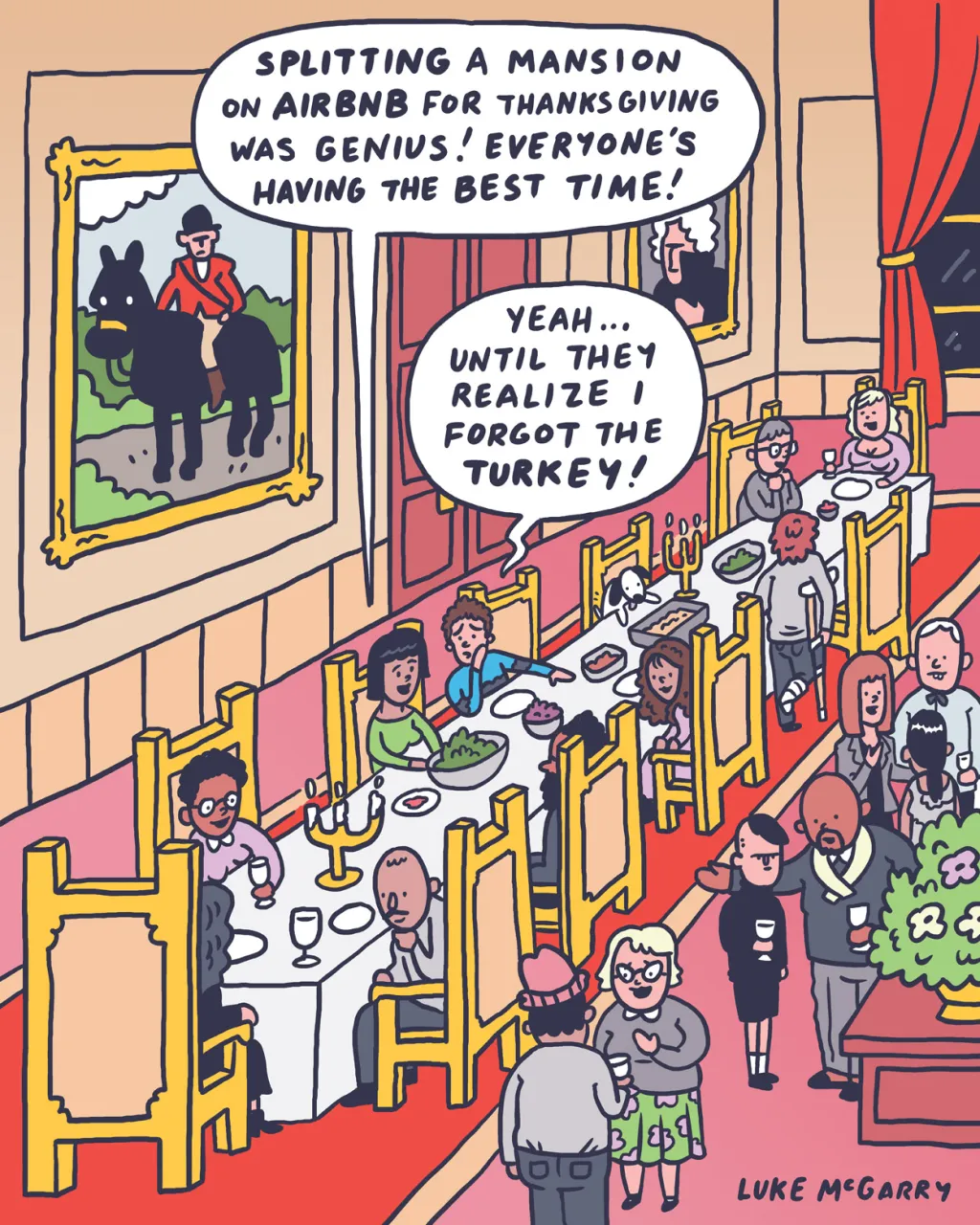
Now, the split payments feature will ease the financial burden on group trip organizers, and alleviate the pain for travelers to front costs associated with booking. Airbnb guests won’t have to chase their friends and family after a trip to pay them back. It’s simple to use — when a trip organizer requests to book a listing that qualifies for splitting payments, the reservation is put in an “awaiting payment” state, with the organizer’s portion of the booking charged on their credit card while the host’s calendar is blocked. The organizer can hold a reservation for up to 72 hours, giving time to others in the group to log on to Airbnb and pay their portion. You can learn more here.
This year, we have seen group travel surge. New Year’s Eve 2016 was our biggest night yet for group stays, and over the course of last year, 15.5 million groups took trips on Airbnb*, with an average stay of 3.5 nights. As social travel continues to grow in 2018, you won’t have your family holiday travel plans or New Year’s buddymoon end up like this:
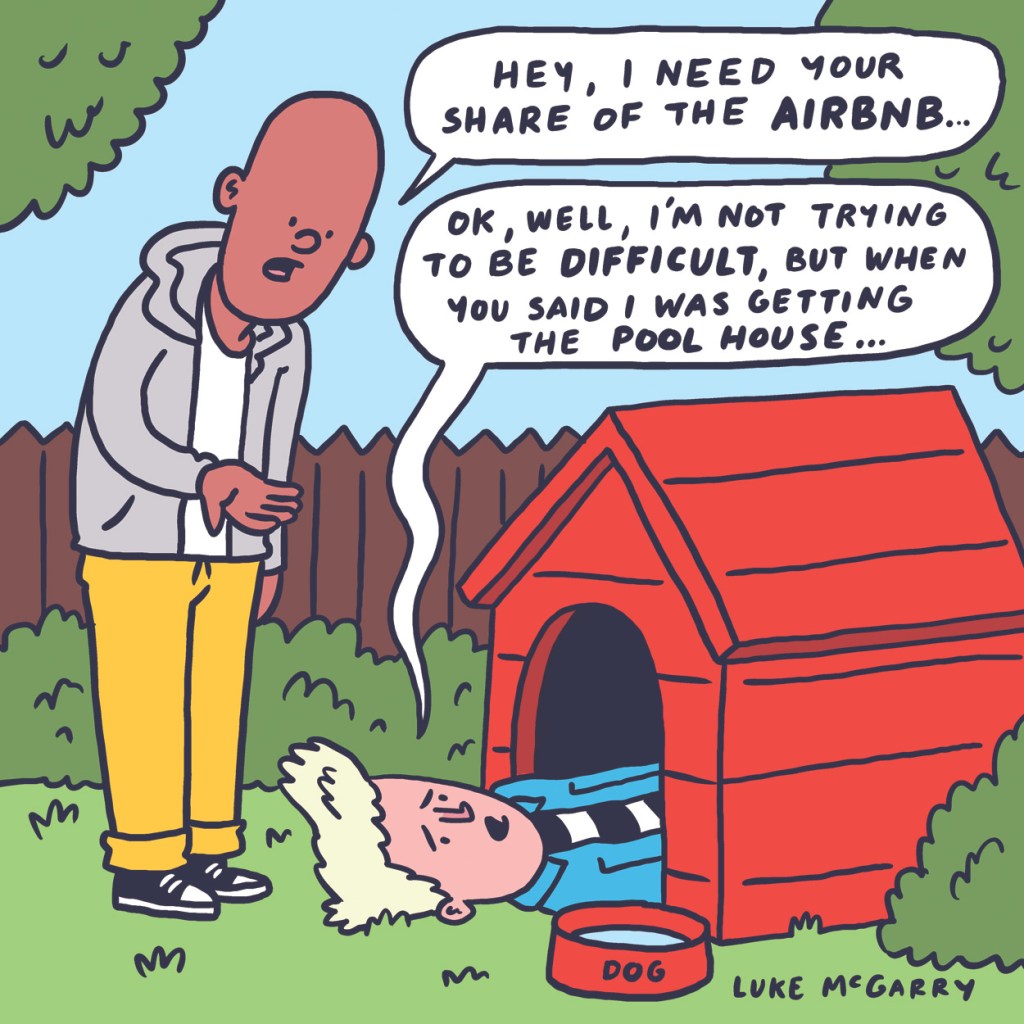
The ability to split payments is just part of our commitment to make group travel easier. In using the split payments tool, groups will have even more listings to choose from that often fall outside of what an organizer can afford to reserve if they had to front the total cost.
With this newfound freedom, we hope some of these popular destinations and listings for group travel will inspire friends and families for their next adventure:
Top cities where people are traveling or booking from with split payments
1 . Paris
2 . New York
3 . London
4. Buenos Aires
5 . Los Angeles
6. Sydney
7 . Melbourne
8. D.C.
9 . San Francisco
10 . Boston
Top cities where people are traveling to or booking with split payments
1 . Paris
2 . New York
3 . Amsterdam
4. Los Angeles
5 . London
6. New Orleans
7 . Barcelona
8. Brooklyn
9 . Madrid
10 . Berlin
Top ways people are sharing the trips with others to split costs
1 . Email
2 . Copying the link
3 . Facebook Messenger
30 percent of reservations booked led to one or more new users on the Airbnb platform. This means group trip organizers are helping to grow our community.
*This Airbnb survey was conducted using the online survey platform Pollfish, and compiled by DKC Analytics, a division of DKC Public Affairs and Government Relations. The nationwide sample of 2000 adults in the United States was surveyed between November 15 and November 18, 2017. in the United States. The margin of error is 2.23% and no additional weighting was done to the initial sample. For complete survey results, including demographics and cross-tabs, please contact press@airbnb.com.

Announcement Highlights
- Airbnb is becoming the first accommodation provider to build and implement a seamless, global split payments feature to travelers around the world.
- Over 80,000 groups have successfully used the feature from all over the world in nearly 175 countries, using over 44 different currencies.
- Organizers can now hold a reservation for up to 72 hours when booking a group trip, charging the organizer only for their portion and blocking the host’s calendar while awaiting payment from others in the group.
- Groups will have even more listings to choose from that often fall outside of what an organizer can afford to reserve if they had to front the total cost.
Airbnb Split Payments Survey Highlights
- 79% of American travelers have been on multiple group trips in the last five years.
- 38% of American travelers have experienced not receiving all the money owed from a group trip.
- 43% of American travelers have lost $1,000 or more in group trip repayments.
- Cumulative losses of American travelers peak at 45-54 years of age (47% reporting $1,000 or more and 12% reporting $5,000 or more).
- A stunning 18% of the most frequent group trip takers (10+ in the past five years) reports losses of $10,000 or more.
- More than a quarter (29%) of American travelers have fought with a friend over group trip money collections.
- More than half (52%) of American travelers have fronted $500 or more, and almost a third (31%) have fronted $1,000 or more.
- 22% of American travelers have maxed out a credit card for a group trip, and this is consistent with all age groups under 54.
- Almost 2/3 of respondents rank kids and coworkers rank least likely to pay them back for a group trip (34% and 31%, respectively). This trend is stable across all cohorts.

